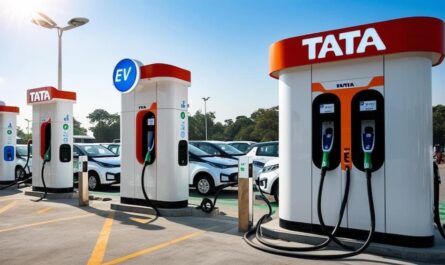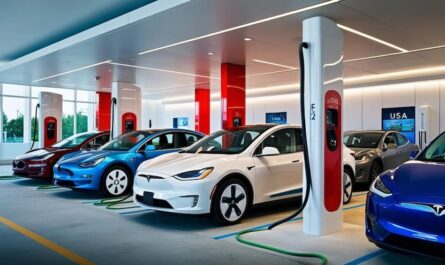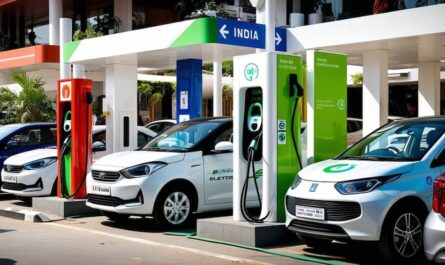Electric cars are becoming increasingly popular, and many people wonder if they can simply plug in their vehicle at any charging station they come across. The answer is yes. You can charge your electric car at most public charging stations, but there are important details you should know to ensure the process goes smoothly and efficiently.
Can I charge my electric car at any charging station?
Technically, you can charge your electric vehicle (EV) at any public charging point, but compatibility depends on several factors like the type of charger, connector, and your car’s onboard charging system. For instance, there are three main levels of charging: Level 1, Level 2, and DC Fast Charging (Level 3).
Level 1 chargers use a standard 120-volt outlet and are the slowest, often adding just a few miles of range per hour. Level 2 chargers operate at 240 volts and are common at homes and public places, providing a faster charge. DC Fast Chargers are the quickest, capable of charging an EV up to 80% in about 20 to 30 minutes, but they may require specific connectors or adapters depending on your vehicle.
What determines charging compatibility
Your EV’s compatibility with a charging station largely depends on the connector type and the charging speed the vehicle supports. The most common connectors include the Combined Charging System (CCS), CHAdeMO, and Tesla’s proprietary plug. While CCS is becoming a universal standard in many regions, some chargers still use CHAdeMO or brand-specific connectors.
You might need an adapter if your car’s plug doesn’t match the station’s socket. Meanwhile, software protocols also play a role; modern charging stations and EVs communicate using standards like the Open Charge Point Protocol (OCPP) to ensure safe and efficient charging.
How do charging speeds affect my electric car
Charging speed is important because it directly impacts how long you’ll wait to get back on the road. Level 1 chargers are the slowest option and are ideal for charging at home overnight. Level 2 chargers are faster and widely available in public places like malls, offices, or parking garages, giving you around 25 miles of range per hour of charging.
For more information on charging at home, check out this guide on: Universal electric car charger for home
On the other hand, DC Fast Chargers are designed for quick top-ups during long trips, adding up to 80 miles of range in just 30 minutes. However, not all EVs can use DC Fast Chargers, especially plug-in hybrids.
What you should know about charging costs and access
While many public charging stations are accessible, some require payment through apps, credit cards, or RFID cards. It’s important to check the payment method before you arrive. Some Level 1 chargers in public places might be free but slow, whereas faster chargers often come with fees.
Additionally, the availability of charging stations is growing rapidly, but in busy areas, chargers can be occupied or out of service, so having a backup plan or extra charge in your battery is wise.
Tips: Charging your EV in a well lit, safe location is important, especially if you’re charging late at night or in unfamiliar areas. Some users have shared experiences of feeling unsafe due to poorly located or malfunctioning chargers. You should always plan your trips with some extra battery range as a buffer in case you encounter broken chargers or unsafe locations.
Also, avoid charging your battery to 100% daily to prolong its lifespan; topping up to around 80% is generally recommended.
What about home charging and infrastructure
Most EV owners charge their vehicles at home using Level 2 chargers, which provide a good balance of speed and convenience. Installing a home charger typically costs a few hundred to a couple of thousand dollars, depending on the setup.
Governments and private companies are investing billions to expand public charging infrastructure, aiming to meet the growing demand for EVs. In the U.S., for example, estimates suggest $2.2 billion will be needed by 2025 to build enough charging stations in major metro areas to support the increasing number of electric cars on the road.
Moreover, you can charge your electric car at most public charging stations, but you should be aware of the type of charger, connector compatibility, charging speed, and payment methods. Planning ahead and understanding your vehicle’s charging capabilities will save you time and frustration.
Meanwhile, as infrastructure grows and universal standards become more common, charging EVs will become easier and more convenient. For now, keeping a charging app handy, knowing your adapter needs, and charging safely will help you enjoy the benefits of electric driving without surprises.



